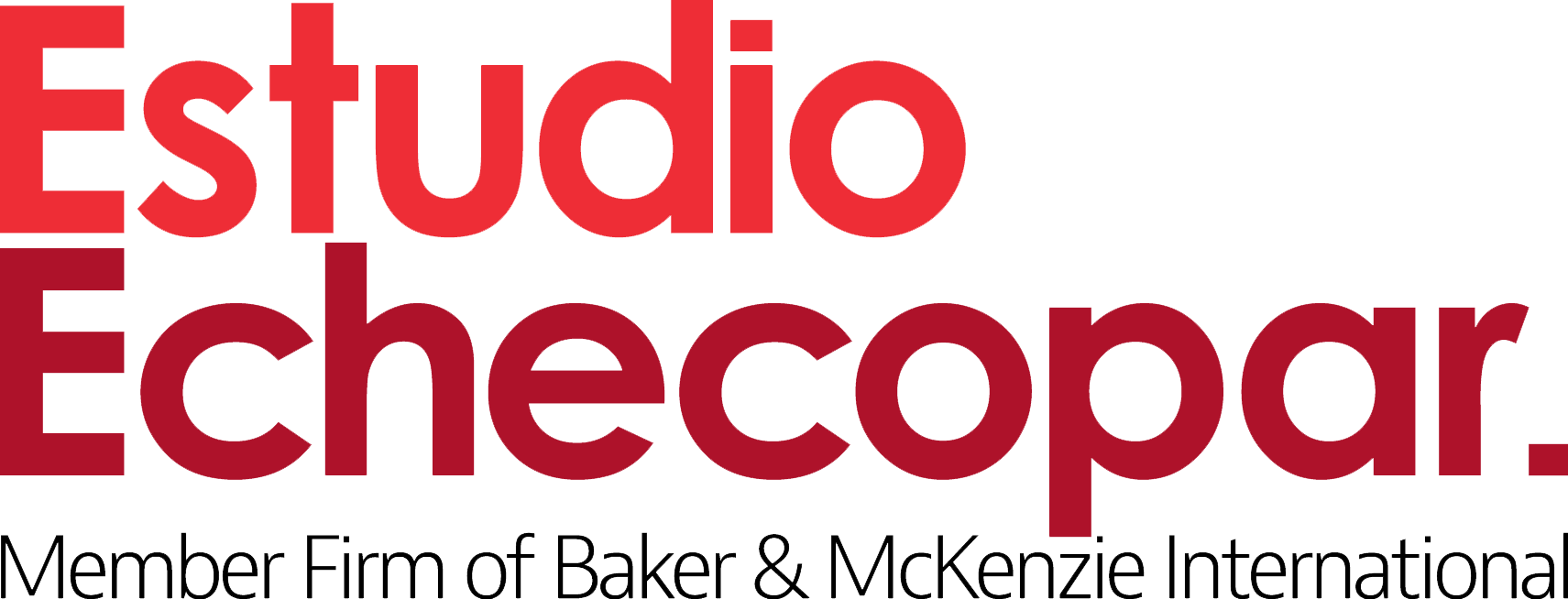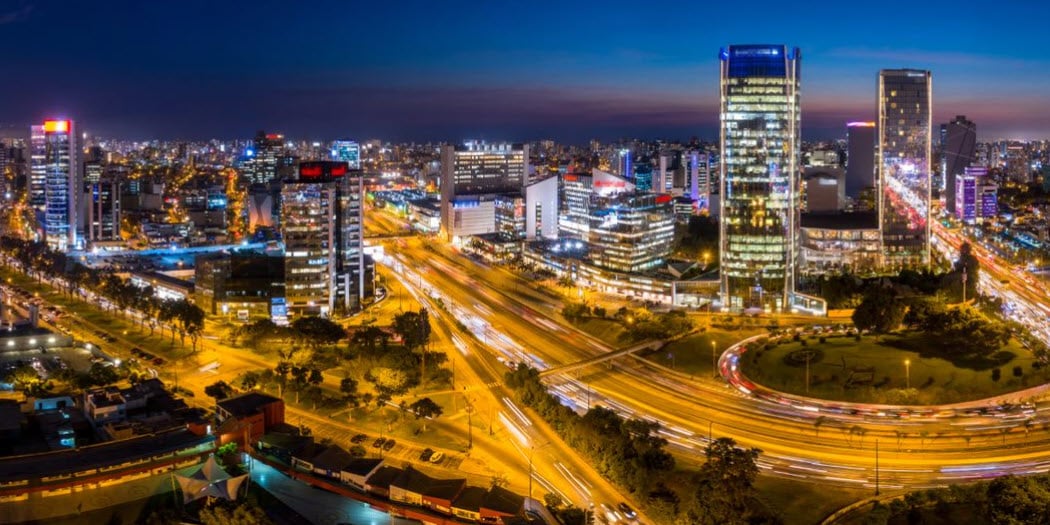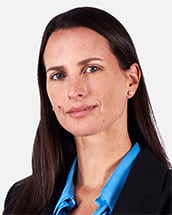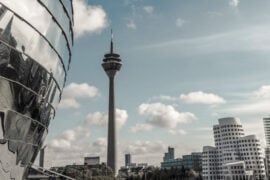In brief
On 9 June 2024, Supreme Decree No. 006-2024-MIDAGRI (Reglamento de Gestión Ambiental del Sector Agrario y de Riego — “Regulation“) was published. It updates the rules that regulate the environmental management of projects and activities in the agricultural and irrigation sector.
Among the various provisions set forth in the Regulation, the following are highlighted in this newsletter:
- Environmental adequacy of current activities
The Regulation establishes a new compliance deadline for the following:
- Companies carrying out ongoing activities under the jurisdiction of the agricultural and irrigation sector that do not have an approved environmental management instrument (IGA).
- Holders that, having an approved IGA, have modified and/or expanded their activities without modifying their current IGA.
| Activities that do not have an IGA | Modifications/extensions without an IGA | |
| Adequacy procedure | Until 10 June 2025 | Not applicable |
| Complementary IGA | Environmental Adequacy and Management Program (PAMA) | Environmental Adequacy and Management Program (PAMA) |
| Deadline for submission | Three years from the date that the application for foster care is accepted for processing | Until 10 June 2025 |
- With respect to holders of ongoing activities that do not have an IGA, the PAMA measures must be implemented within a period of no more than five years from the day following its approval.
- Those owners that have expanded and/or modified their activities without modifying their IGA must support the start date of the expansions and/or modifications with receipts, invoices and satellite images, among others, to prove their compliance before this Regulation enters into force. The PAMA measures must be implemented within a period of no more than 12 months, counted from its approval.
The approval of the PAMA is without prejudice to the sanctions and administrative measures that the OEFA may impose for not having the respective IGA.
- Projects and/or activities that do not require an IGA
- The owners of new or ongoing projects and/or activities that (i) do not generate significant negative environmental impacts and/or (ii) are not included in Annex II of the Regulation, which establishes the thresholds for projects that do not require the submission of an IGA, must submit an Environmental Technical Form (Ficha Técnica Ambiental — FTA) to the Ministry of Agrarian Development and Irrigation (MIDAGRI).
- In the case of ongoing activities to which the FTA is applicable, the holder has until 10 June 2025 to submit the request for compliance. After that, the FTA must be submitted within a maximum period of two years, counted from the admission to process the request for environmental adaptation.
- Projects and/or activities that do not generate significant negative environmental impacts and do not meet the conditions and/or are below the thresholds of Annex II of the Regulation, do not require an IGA or FTA to be submitted. However, the holders must comply with the Environmental Technical Provisions and the environmental regulations that are in force.
- Regarding the modification of environmental studies
- Annex I of the Regulation lists those cases that do not require the environmental study to be modified. However, the owner must communicate this to the MIDAGRI and the OEFA within 15 working days prior to its implementation.
- If the MIDAGRI determines that the modification implies a change in the category of the environmental study, a new category will be assigned and, if applicable, approval of the terms of reference will be requested.
- The modification does not include the regularization, adaptation or incorporation of components, activities and processes that are not contained in the approved environmental study or its modifications.
- If an activity that has a PAMA is required to be modified, and if it will generate insignificant negative environmental impacts, the owner must submit an Technical Report ITS. If the modification foresees the generation of significant negative environmental impacts, the holder must submit the environmental study according to the category established in the anticipated classification or a preliminary assessment.
- Additional provisions
- Environmental studies of agricultural crop projects on land with forest cover whose land classification study by major use capacity determines a major use capacity for forestry and protection, will be declared inappropriate.
- The owner must update the environmental study five years after the start of the project or activity. If the owner determines that it is not appropriate to update the environmental study, they must submit a communication to the MIDAGRI and the OEFA within 60 working days prior to the expiration of the five-year period. The update does not include the regularization, adaptation or incorporation of components and activities, among others, that are not approved in the environmental study.
- The social commitments voluntarily agreed to by the owner after the IGA has been approved must be communicated to the MIDAGRI and the OEFA.
- Incentives may be granted to those owners that implement measures, processes or investments with the purpose of reducing or preventing environmental pollution, in addition to what is stipulated in the approved IGA. These may be supervised by the OEFA.
We hope that this information is relevant to you and your company. Please do not hesitate to contact us if you require any advice in this regard.
Click here to read the Spanish version.
* * * * *

© 2024 Estudio Echecopar. All rights reserved. Estudio Echecopar is a member firm of Baker & McKenzie International, a Swiss Verein with member law firms around the world. In accordance with the common terminology used in professional service organizations, reference to a “partner” means a person who is a partner, or equivalent, in such a law firm. Similarly, reference to an “office” means an office of any such law firm. This may qualify as “Attorney Advertising” requiring notice in some jurisdictions. Prior results do not guarantee a similar outcome.





